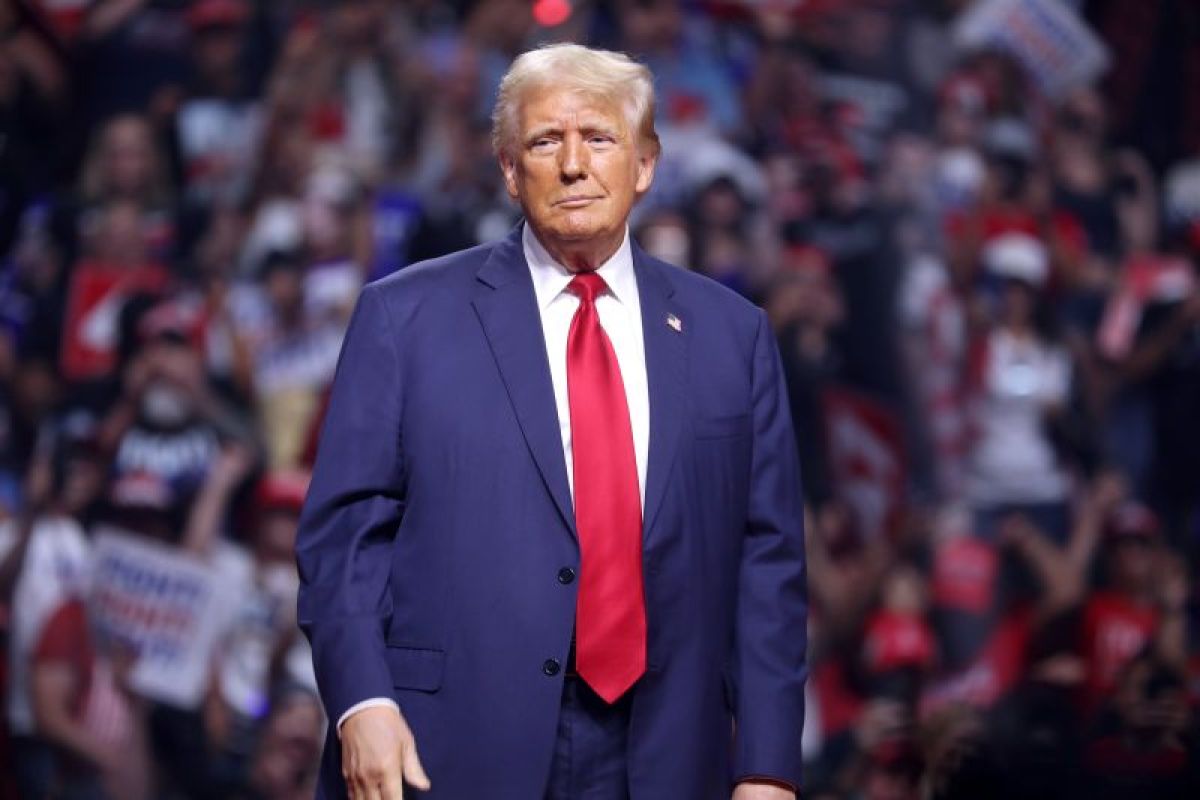New York — The unexpected reelection of Donald Trump marks a turning point for the American media, thrusting the industry into a period of uncertainty and self-examination. His victory over Kamala Harris has spotlighted the mounting distrust between the press and large swaths of the American electorate, fueling questions over the media’s credibility and relevance in an increasingly polarized nation. For an industry that prides itself on informing the public, the reelection has exposed a painful reality: a large portion of Americans are not listening—or simply no longer believe what they hear.
Trump’s loyalists seized upon his victory as evidence of a media establishment in decline. On Wednesday morning, the conservative outlet The Federalist proclaimed mainstream news to be the “biggest loser” of 2024, arguing that the election result was a clear rejection of the nation’s traditional news sources. On X, right-wing commentator Matt Walsh declared, “Trump vanquished them completely. They will never be relevant again.” While his words may be hyperbolic, they resonate with millions of Americans who view the media as complicit in the country’s troubles and unrepresentative of their values.
This anti-media sentiment reveals a fundamental crisis for American journalism. After the election, an anonymous quote from a media executive began circulating widely: “If half the country has decided that Trump is qualified to be president, that means they’re not reading any of this media, and we’ve lost this audience completely.” For media professionals, such remarks reflect a growing awareness that their industry may no longer hold the same relevance for half of the American public.
Among those who study media trends, the 2024 election is viewed as a reflection of a broader decline in traditional news sources’ authority. Semafor’s Dave Weigel wrote that media influence seems to dwindle with every election, as conservative audiences turn to alternative sources that align more closely with their values. On news channels favoring Harris, ex-Republican commentators voiced their horror at Trump’s return, but in the conservative media landscape, these reactions were viewed as further evidence of a media class out of touch with average Americans.
The media’s perceived failure to address voter priorities was also apparent during election night commentary. CNN analyst Scott Jennings voiced frustration with the recent election coverage, noting that the press largely focused on minor stories and political narratives rather than issues like inflation that directly affect Americans’ lives. He argued that many in the media ignored the key concerns of the electorate, favoring stories that resonated within their own echo chambers.
However, the media’s disconnect is not confined to Trump’s supporters alone. CNN contributor Ashley Allison pointed out that the electorate’s struggles are universal, with many Harris supporters also feeling unheard or misunderstood by national media. “The people who voted for Kamala Harris are struggling too,” she observed, underscoring the broader sense of disenfranchisement among Americans who feel that traditional journalism has failed to capture their experiences.
Trump’s contentious relationship with the press has long fueled his supporters’ skepticism, but his reelection may signal a period of intensified antagonism toward the media. Over his first term, Trump frequently condemned critical news outlets as “fake news” and even mused about punitive actions, from limiting White House access for specific reporters to questioning broadcast licenses. In his second term, he might move to restrict media freedoms further, and news organizations are already bracing for potential retaliation.
Inside many newsrooms, industry leaders are working to bolster morale in anticipation of a challenging road ahead. On Wednesday, Conde Nast’s CEO Roger Lynch sent a memo reassuring staff that their mission remains steadfast. “Now, more than ever, we are steadfast in our mission to uphold the principles of independent journalism,” he wrote, asserting that a free press is crucial for democratic governance. His message highlighted the press’s commitment to transparency, even in the face of intensifying criticism and potential restrictions.
As Trump’s administration begins anew, American media outlets confront an uncertain path forward, grappling with the need to bridge the gap between themselves and a disillusioned public. The challenge is profound: the industry must reconcile its mission with the reality of a divided nation, proving its relevance and upholding the integrity of its work amidst unprecedented polarization and scrutiny.









